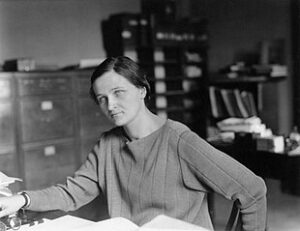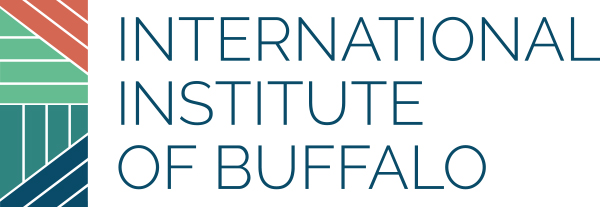
In honor of Women’s History Month, we continue to recognize the economic, cultural, political, and social contributions of notable immigrant and refugee women who’ve helped shape the vibrant tapestry of America. Today, we spotlight British-American astronomer, educator, and trailblazer Cecelia Payne-Gaposchkin.
Cecelia Payne-Gaposchkin was born in Wendover, England, in 1900. When she was four years old, her father, a lawyer, died, leaving her and her two siblings to be solely raised by her mother. At 19, Cecelia won a scholarship to study at Newnham College of Cambridge University.
While studying physics, chemistry, and botany, she found specific inspiration while attending a lecture that tested Einstein’s Theory of General Relativity by observing photographs of stars near a solar eclipse. The experience galvanized her passion for astronomy. Though she completed her coursework, she was not given a degree due to Cambridge’s pre-1948 policy of not granting degrees to women.
Since her only option in the U.K. was to become a teacher, Payne began searching for grants to study in the United States. She took advantage of a fellowship that encouraged women to study at the newly created graduate program at the Harvard College Observatory. In 1925, she became the first person to earn a Ph.D. in astronomy from Radcliffe College (now part of Harvard).
Her groundbreaking thesis, “Stellar Atmospheres, A Contribution to the Observational Study of High Temperature in the Reversing Layers of Stars,” connected the spectral classes of stars to their actual temperatures. She also established that hydrogen is the primary part of a star’s makeup and, thus, the most plentiful element in the universe. Because her dissertation challenged the scientific community’s understanding of the universe, it took years for her results to be widely accepted.
After earning her doctorate, Cecelia studied the structure of the Milky Way galaxy. In 1943, she was elected as a Fellow of the American Academy of Arts and Sciences. In 1956, she was promoted to a full professorship and later became the first woman to head the Astronomy department at Harvard.
Cecelia Payne-Gaposchkin became a U.S. citizen in 1931. She passed away in 1979 at the age of 79.
Others we are celebrating in honor of Women’s History Month:
- Mother Cabrini, canonized Catholic sister and the patron saint of immigrants.
- Elisabeth Kübler-Ross, Psychiatrist and trailblazer for the acceptance of palliative care for the terminally ill.
- Hinke Boot, former 20-year IIB Executive Director and advocate for New Americans

